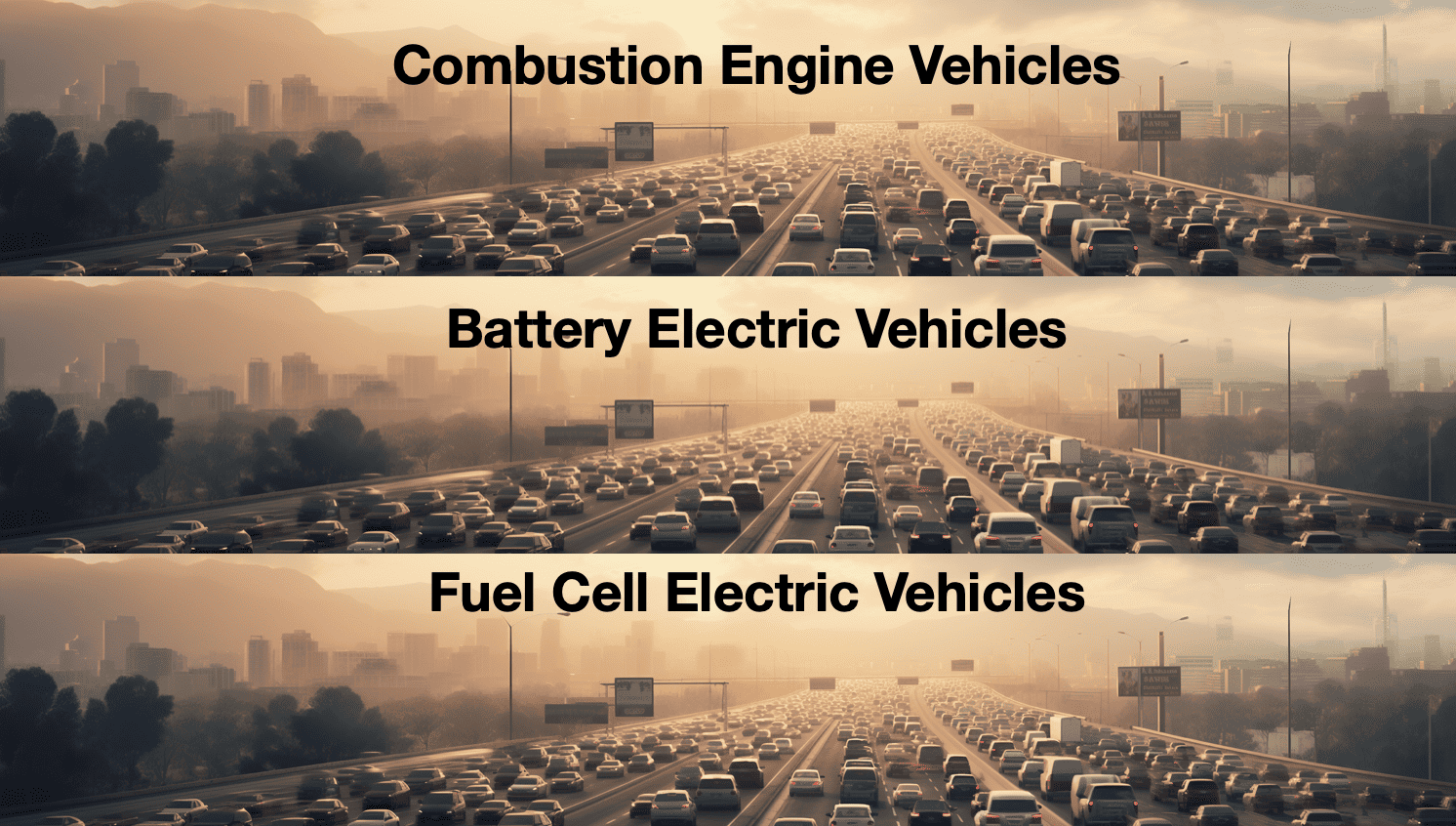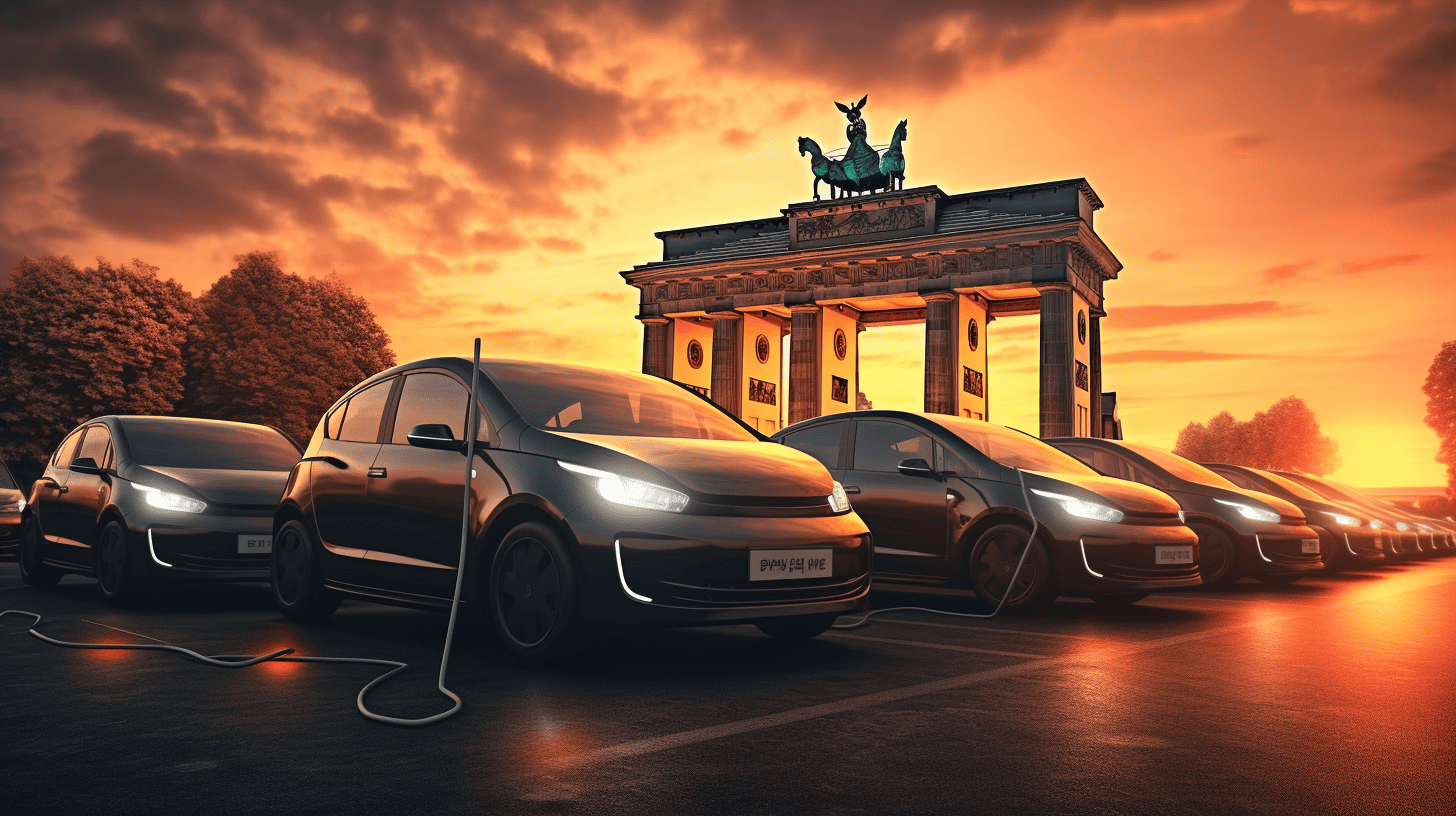
Professor Jason Hickel, a leading advocate of “degrowth“, recently confronted the Dutch House of Representatives with the myth of green growth. Economic growth always turns out to cause more energy and resource consumption. According to Hickel, the world and the wealthy Netherlands are far from reaching the climate goals, certainly not as long as we continue striving for growth. The economic concept of continuous growth on a finite planet is unsustainable and incompatible with sustainability.
The reverse also seems true: Achieving climate goals will stop economic growth. If so, we had better start planning and directing this degrowth. Otherwise, it will come upon us in the form of crises. Signs of this are already emphatically emerging. Hickel advises politicians to abandon the pursuit of general economic growth and make policies in which such growth is no longer necessary. The ill-fated EU initiative for more metals mining for wind turbines and car batteries illustrates that we are far from reaching that point.
The facts prove Hickel right. Despite decades of climate agreements and sustainability plans, resource consumption, fossil fuel consumption, and CO2 emissions continue to grow. Innovation does not appear to be able to reverse this. Hickel also argues that economic growth does not demonstrably lead to innovation and that growth is not needed to innovate. Hickel’s case for degrowth, substantiated by actual facts, is, in my view, convincing enough to be taken very seriously.








